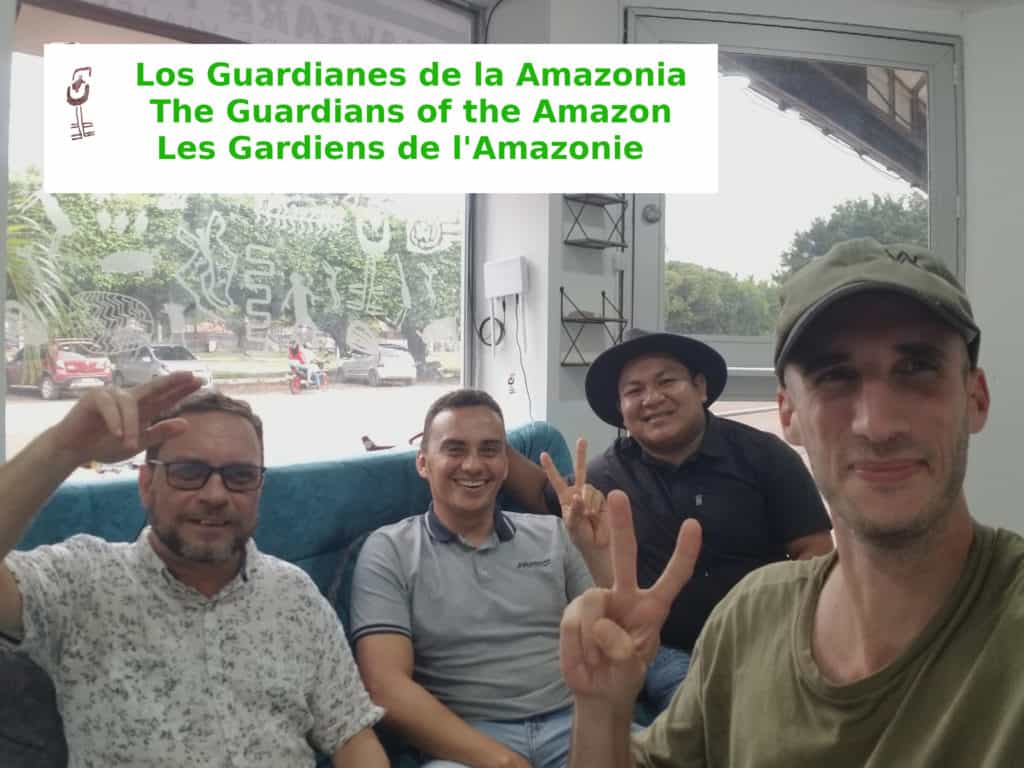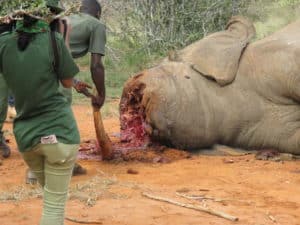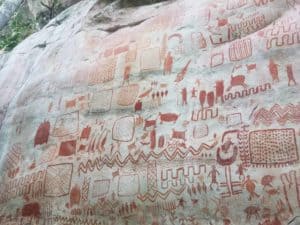Time is running out. In Colombia, Bolivia, Brazil and Peru, we continue to lose the Amazon. The medicines we take come from the Amazon. Gold, cobalt, wood, meat and much more are extracted from the Amazon every day. Does this mean that our species is doomed?
No, we refuse to be fatalistic.
The Guardians of the Amazon was born on 3 April 2024. This is a new kind of Colombian NGO, designed to unite modern people and indigenous populations to protect the Amazon. It will join forces with national and international NGOs already dedicated to protecting the planet’s most biodiverse area. It will amplify the voice of its original inhabitants and fight against those who believe that the Amazon is merely an economic resource.

The Amazon is not an uninhabited region, nor has it ever been. When the Spaniards conquered the subcontinent, the Guaraníes, one of the many peoples inhabiting the forest, numbered over two million. And that’s just one ethnic group.
The image we have in the West of an empty and pristine Amazon is erroneous. Misunderstanding the dynamics of the planet and its history prevents us from acting effectively to preserve it. For example, the places where indigenous peoples live today are the source of the world’s greatest biodiversity. The Madidi Park in Bolivia is the natural park with the highest biodiversity in the world, but it is also inhabited by numerous communities, such as the Uchupiamona. Without a doubt, part of the solution to the biodiversity loss crisis lies with human beings. Homo Sapiens can be useful to nature when he seeks to understand it, to merge with it, and not just to use it.
This is no small task for our species, and requires us to change our consumption habits and abandon our desire to transform everything into goods. But it also requires better management of nature by those who have protected it for millennia. We have a collective responsibility to protect nature and the Amazon, and the only question each of us should ask ourselves is “How can I do something about it?


